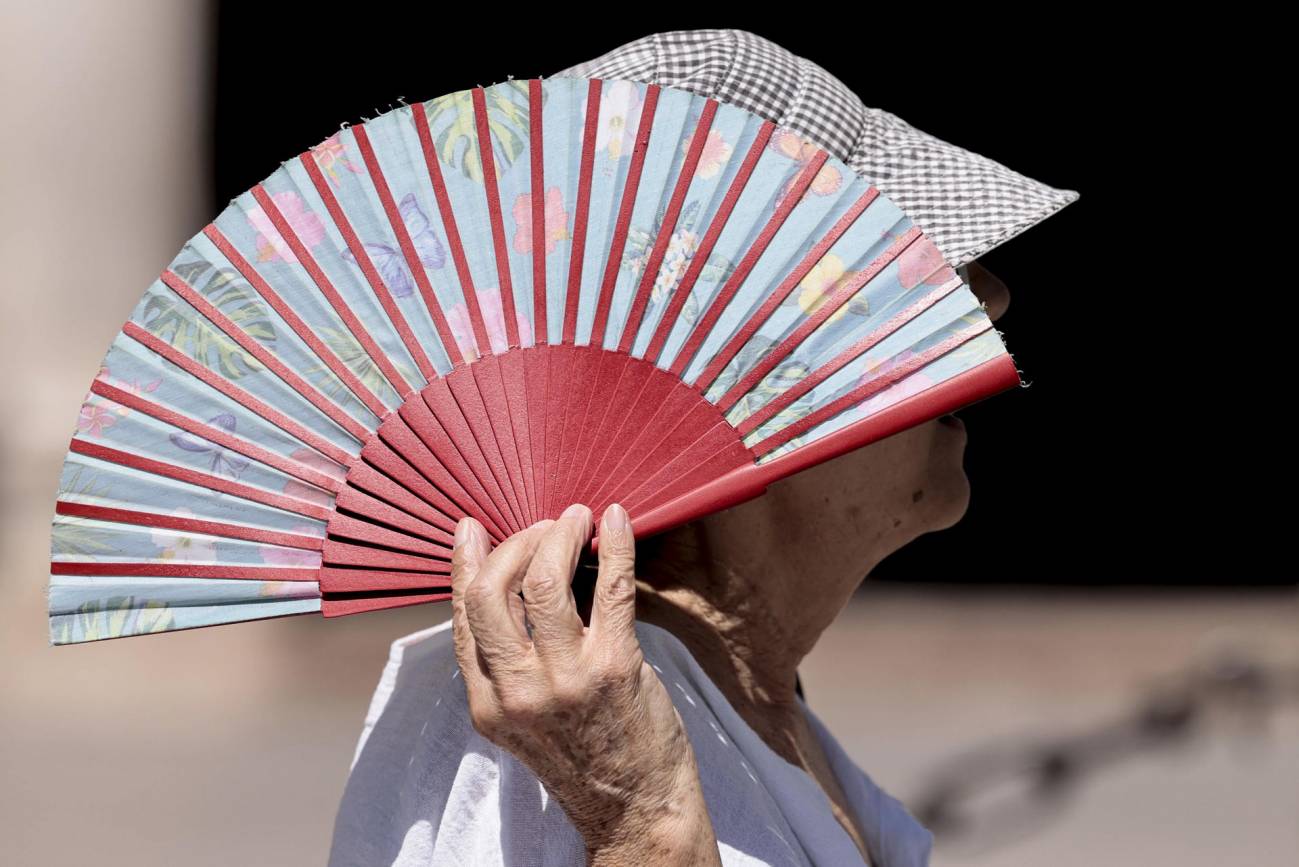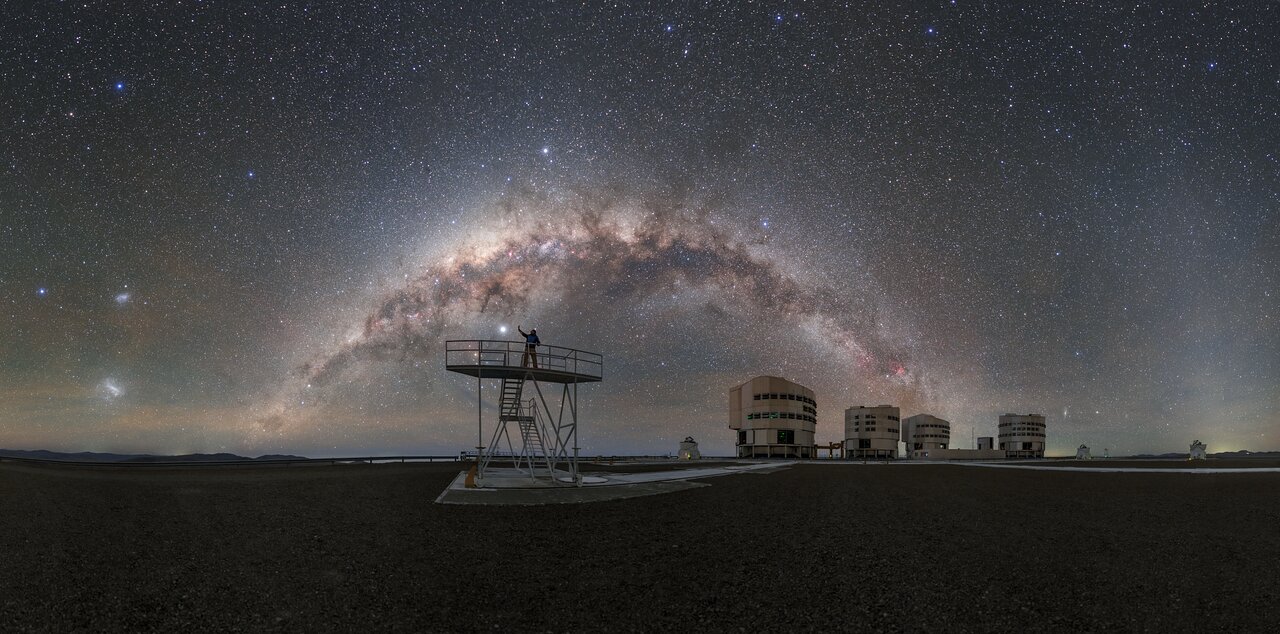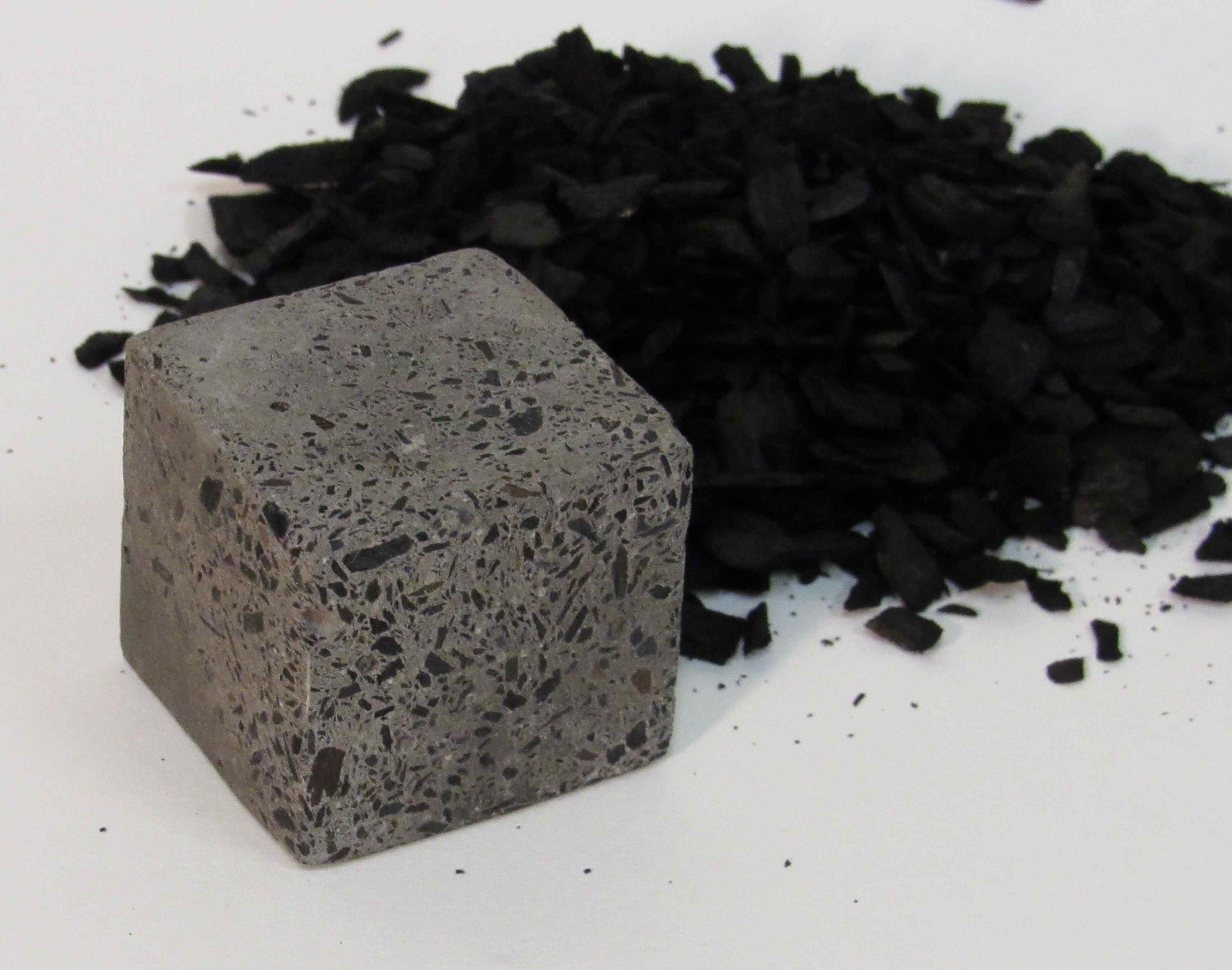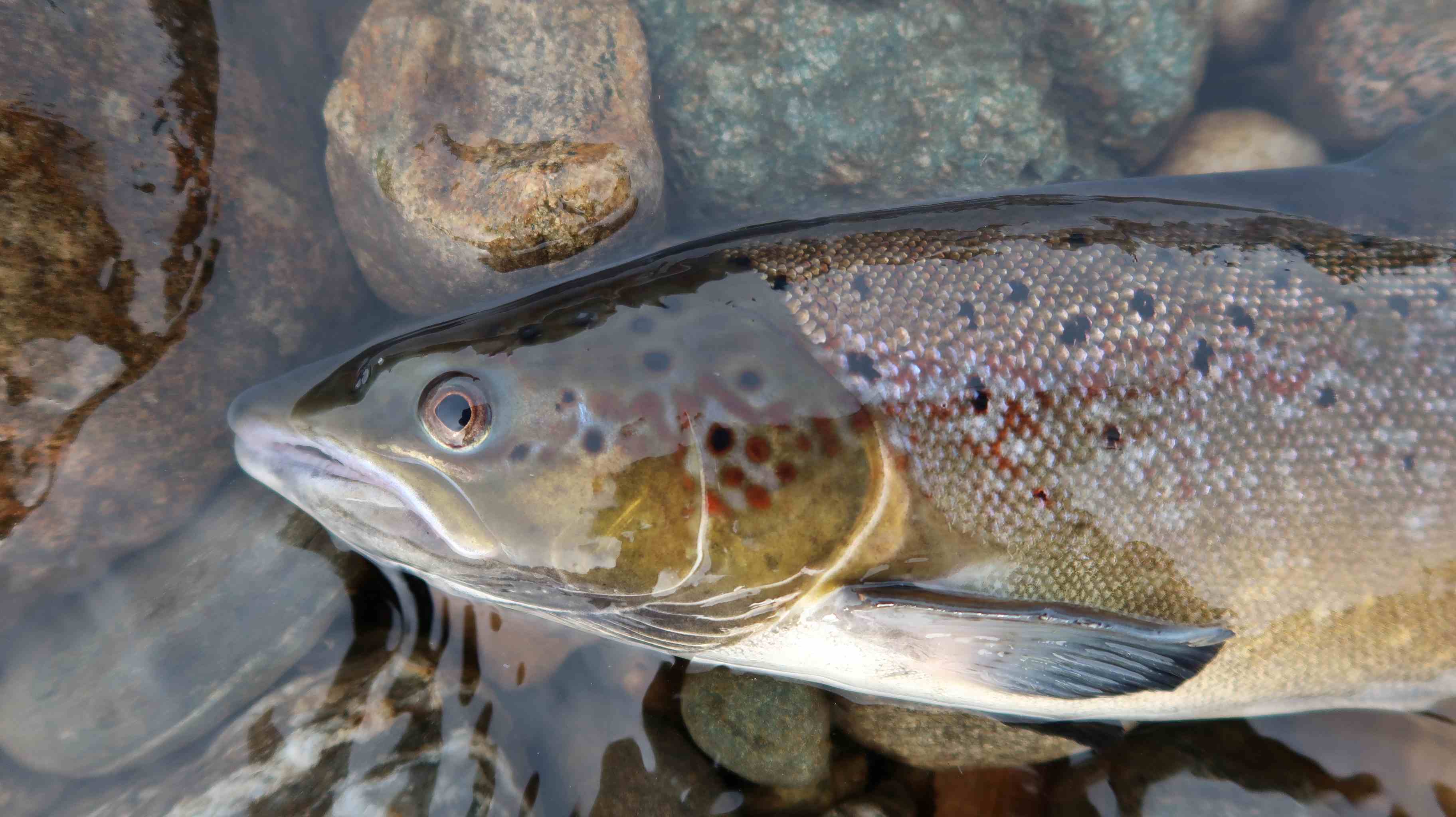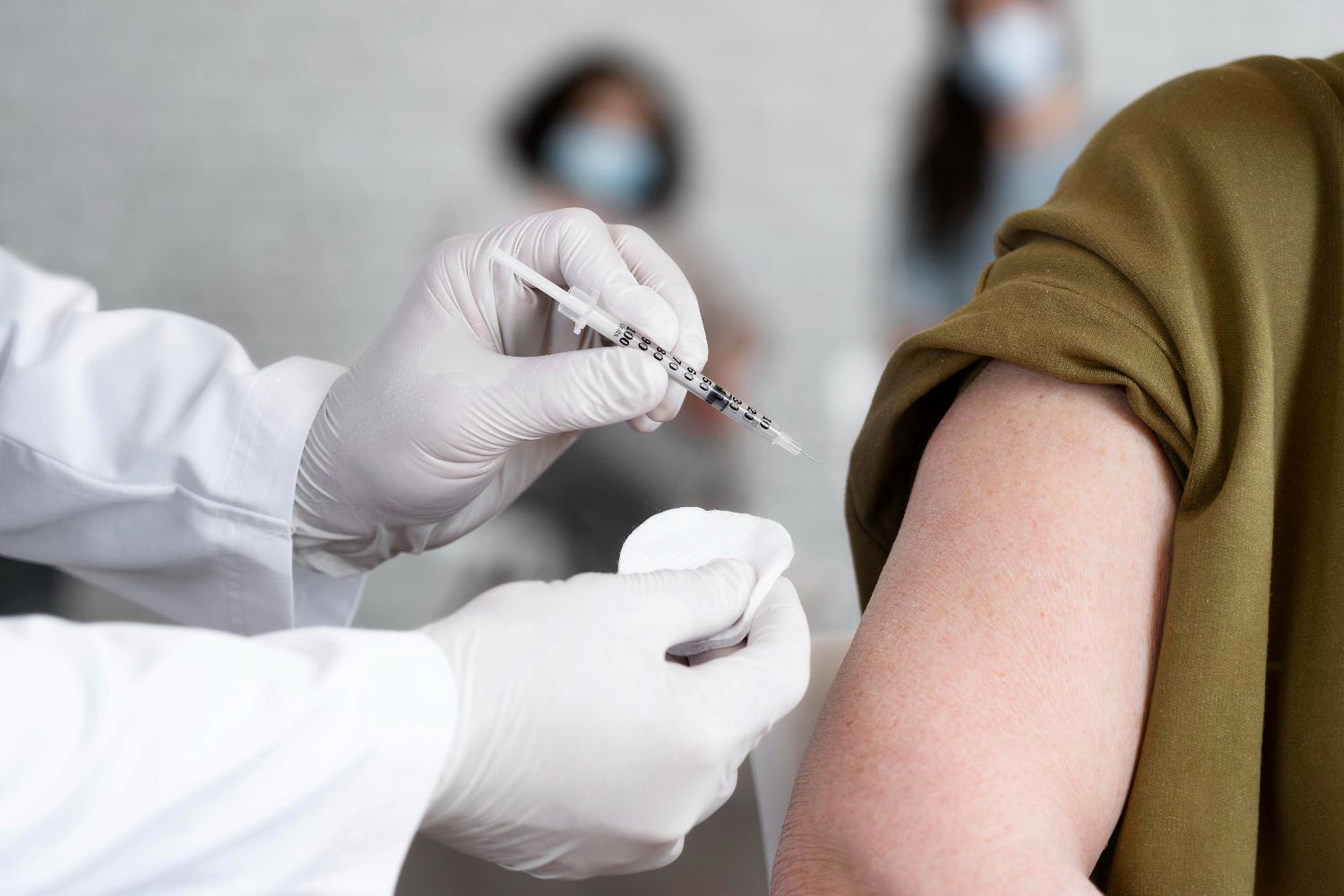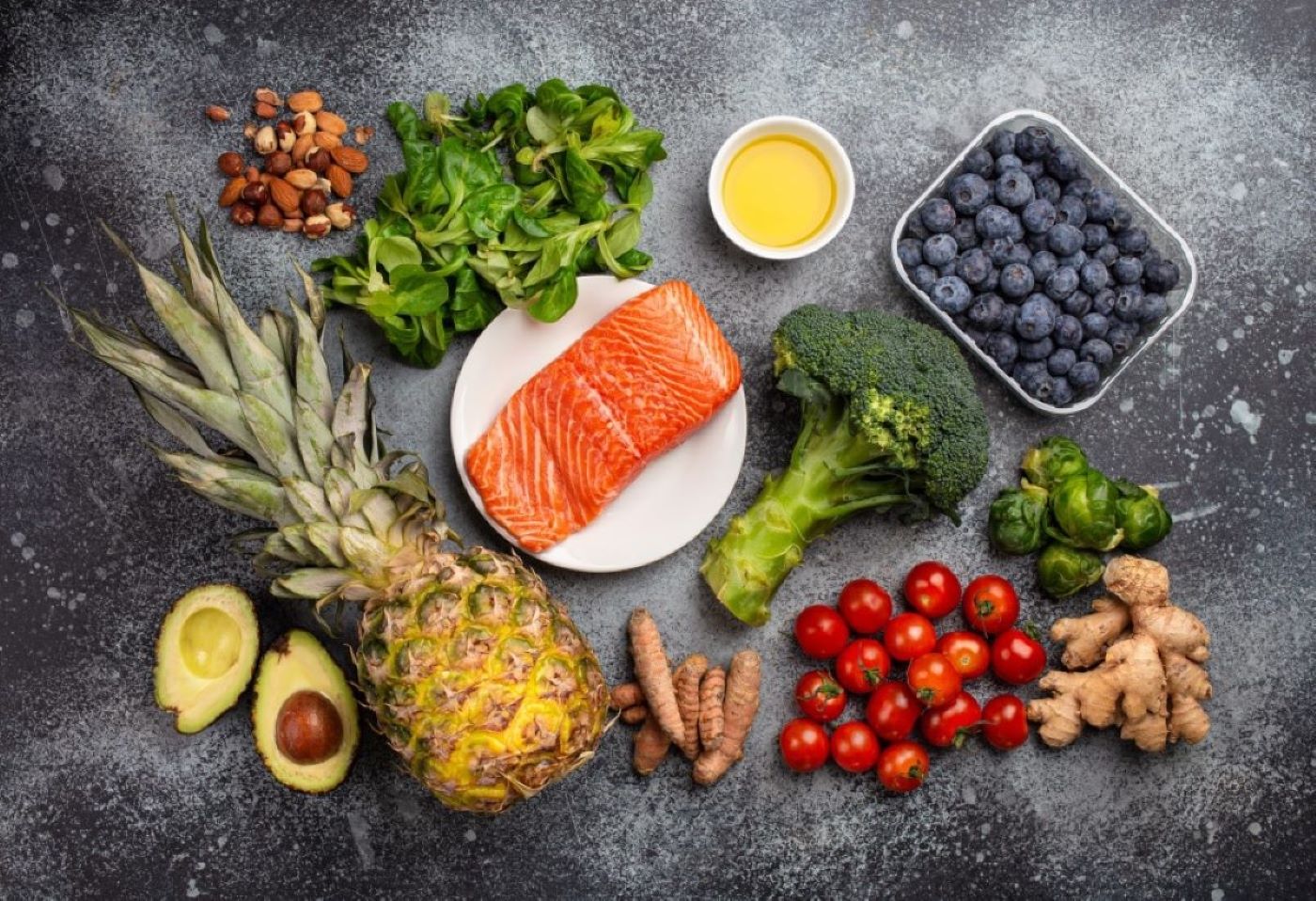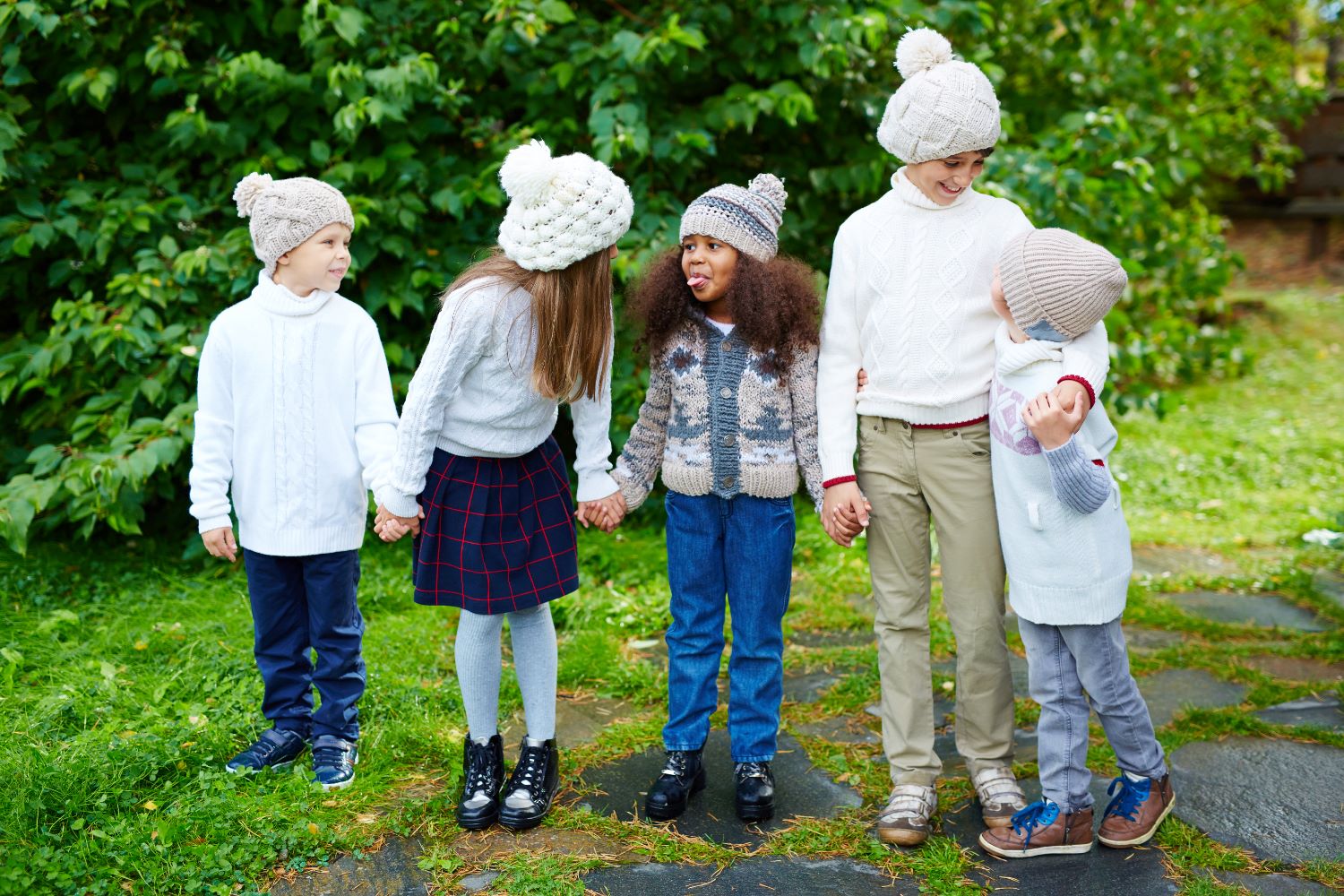Spanish researchers describe in mice a new mechanism of brown fat activation against obesity
A study led by CNIO and CNIC researchers has identified a new mechanism in mice by which brown fat can be activated and consume energy to be released as heat. The process depends on a protein called MCJ which, according to the researchers, is “a promising target for treating obesity”. The results are published in the journal Nature Communications.

